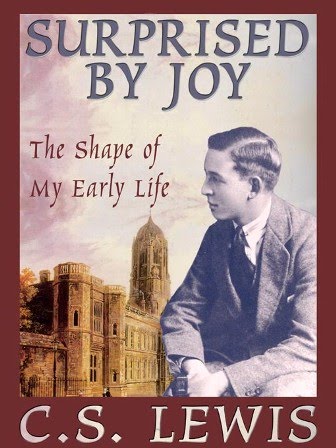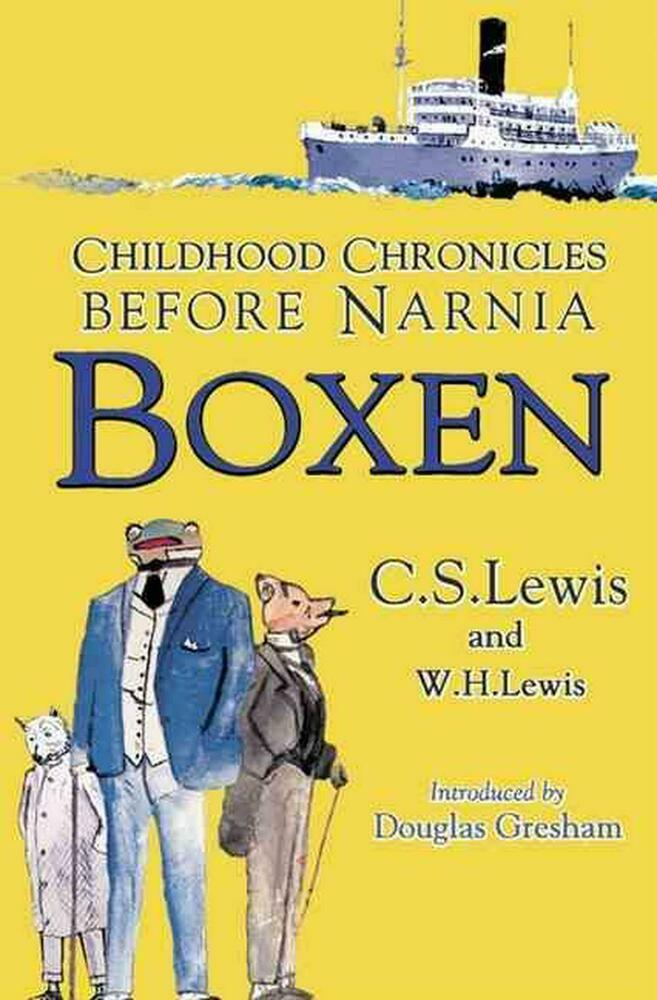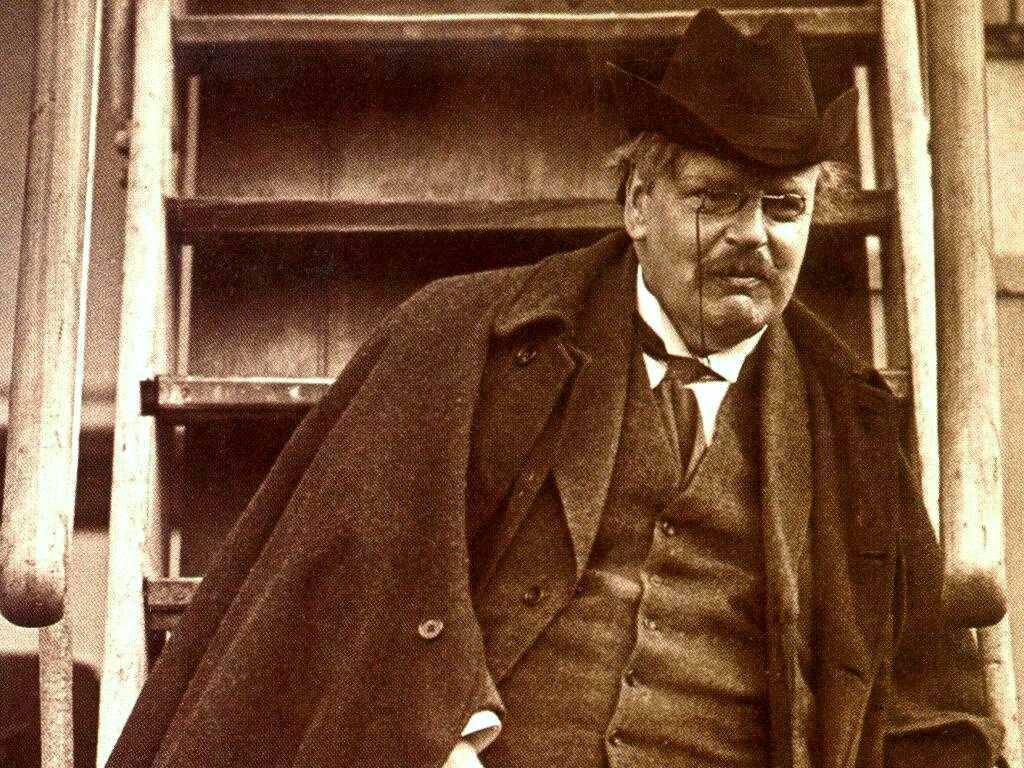In my quest to write a book about C. S. Lewis’s views on history, I’ve laid out potential chapters for the proposed book. The very first chapter, I believe, needs to establish Lewis’s credentials as someone whose views on history should be taken seriously. Some, I know, would say that since he primarily taught English literature that this might be a hill too steep to climb. Yet, as a historian myself, I know quite well that history and literature are subjects that fit nicely together. All literature is written in a period of history and can be affected by what transpired during that period. And the history of literature is a proper study in itself.
Therefore, given that conviction, I am proceeding to discover just how historically based Lewis really was.
Lewis’s background naturally can be found in his autobiography, Surprised by Joy. One can assume that any autobiography should include some history, and all one has to do is open to the first page of Surprised by Joy to see that Lewis begins with an extensive family history on both the paternal and maternal sides. A couple of chapters later, he once again delves into family history as he writes about his favorite relatives. It’s important for him to do this, as his personal history lays the groundwork for all that follows. His sense of history is strong right from the start.
His oft-quoted description of all the books available to him in the house, Little Lea, reveals that he was surrounded by all kinds of potential views on history. “There were books in the study, books in the drawing room, books in the cloakroom, books (two deep) in the great bookcase on the landing, books in a bedroom, books piled as high as my shoulder in the cistern attic, books of all kinds reflecting every transient stage of my parents’ interest, book readable and unreadable, books suitable for a child and books most emphatically not.” And he took advantage of the opportunity to expand his knowledge even as a child.
Lewis’s first stories were about a place he called Animal-Land. Eventually, his land and his brother Warnie’s India coalesced into Boxen. What Lewis writes about this time in his life provides a window into his historical soul. He needed, he decided, to write a history of his make-believe land. “This led me from romancing to historiography,” he explained. “I set about writing a full history of Animal-Land.” This was no small task for a boy aged six through eight: “Centuries take a deal of filling when all the events have to come out of the historian’s head,” he remembered. Yet he took away from this endeavor an appreciation for analyzing the sources of historical interpretation: “There is one touch in the History that I still recall with some pride. The chivalric adventures which filled my stories were in it alluded to very lightly and the reader was warned that they might be ‘only legends.'” What did this mean? “Somehow—but heaven knows how—I realized even then that a historian should adopt a critical attitude toward epic material.”
Lewis then recounted a number of books he read at that time, but singles out one by E. Nesbit titled The Amulet. What was it about this book that made it so memorable? “It first opened my eyes to antiquity, the ‘dark backward and abysm of time.’ I can still reread it with delight.” This was a preamble to a later development during his school days.
I also developed a great taste for all the fiction I could get about the ancient world: Quo Vadis, Darkness and Dawn, The Gladiators, Ben Hur. It might be expected that this arose out of my new concern for my religion, but I think not. Early Christians came into many of these stories, but they were not what I was after. I simply wanted sandals, temples, togas, slaves, emperors, galleys, amphitheaters.
I also find interesting Lewis’s perception of himself when writing about his time at one of his schools, “I am always glad, as a historian, to have known Campbell.” He therefore, from his perspective in later years, views himself as a historian.
When studying under his tutor, Mr. Kirkpatrick, Lewis recounts the books he was required to read, some of which he considered boring. But that was not the case when reading Herodotus—the “Father” of history/historians and Tacitus, the renowned Roman historian. While there, his “light” reading—the books he chose during leisure time—were Herodotus and a history of English literature.
As Lewis continued his incessant reading into the 1920s, his time as a student and a newly hired tutor, another book of history jolted his world. He always had liked G. K. Chesterton’s writings, despite his obvious Christian worldview, as Lewis was still in the throes of working his way back to the faith of his childhood. But one particular book of Chesterton’s now made a deep impression and led Lewis another step closer to the decision to offer his life to Christ.
Then I read Chesterton’s Everlasting Man and for the first time saw the whole Christian outline of history set out in a form that seemed to me to make sense. Somehow I contrived not to be too badly shaken. You will remember that I already thought Chesterton the most sensible man alive “apart from his Christianity.” Now, I veritably believe, I thought—I didn’t of course say; words would have revealed the nonsense—that Christianity itself was very sensible “apart from its Christianity.”
Lewis’s historical framework for thinking—in tandem with his deep rationality and vivid imagination—stayed with him throughout his life and affected all he wrote. I truly believe that this quest I’m on to unveil Lewis the Historian will be successful.



